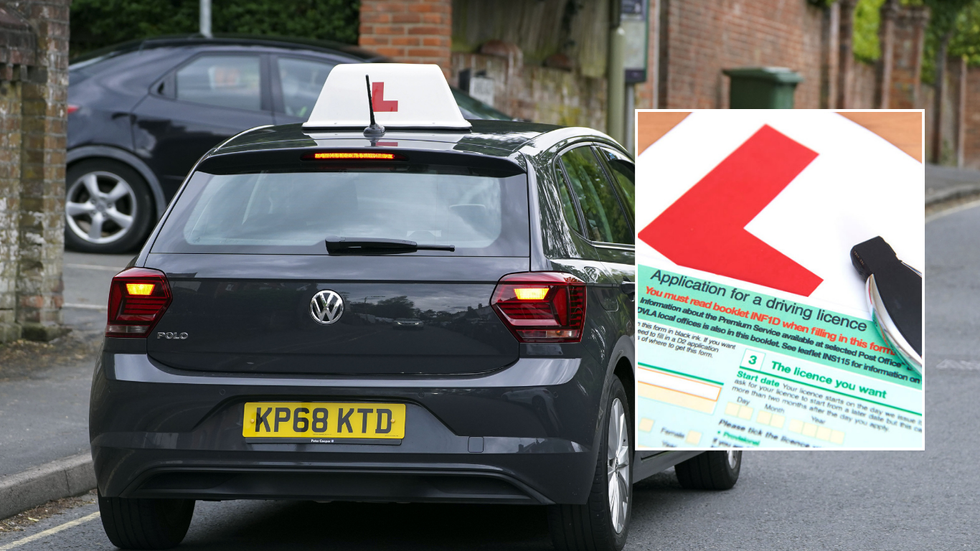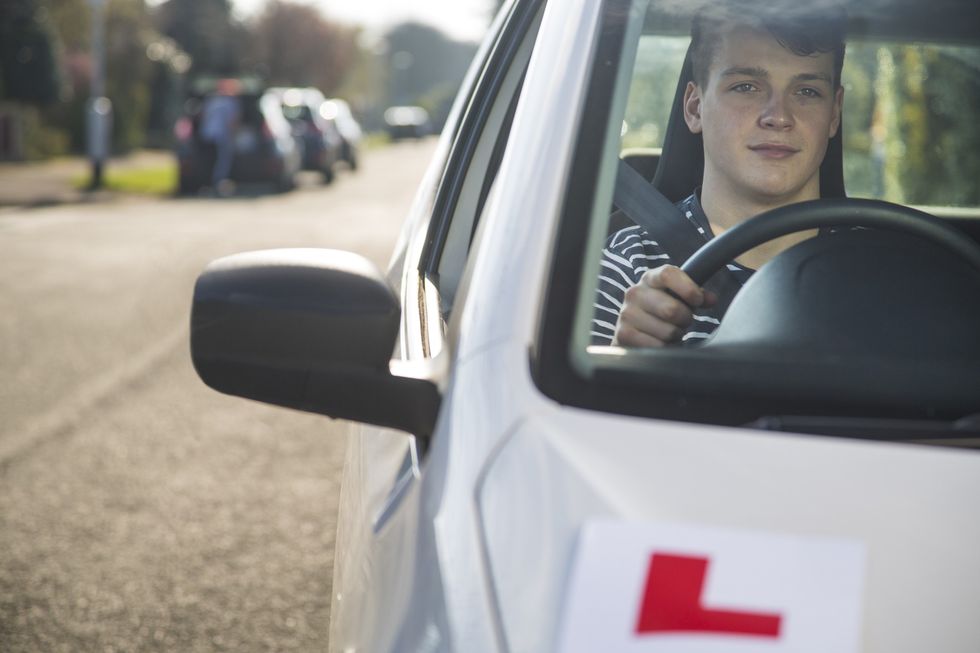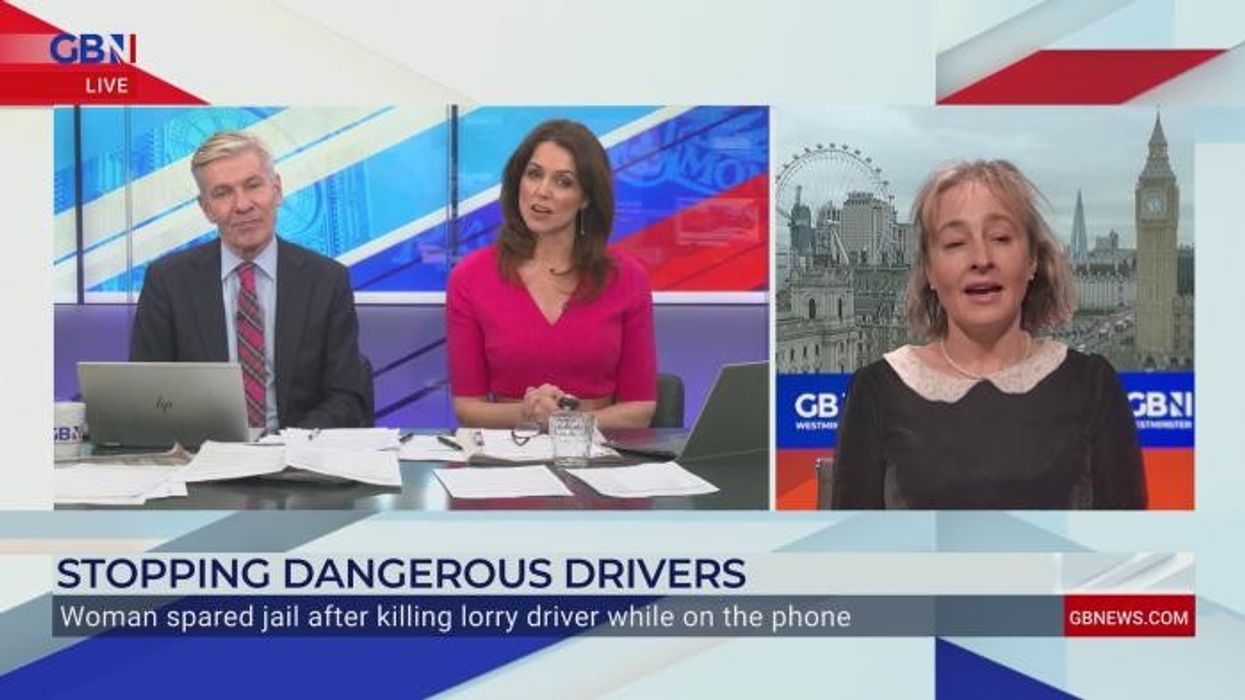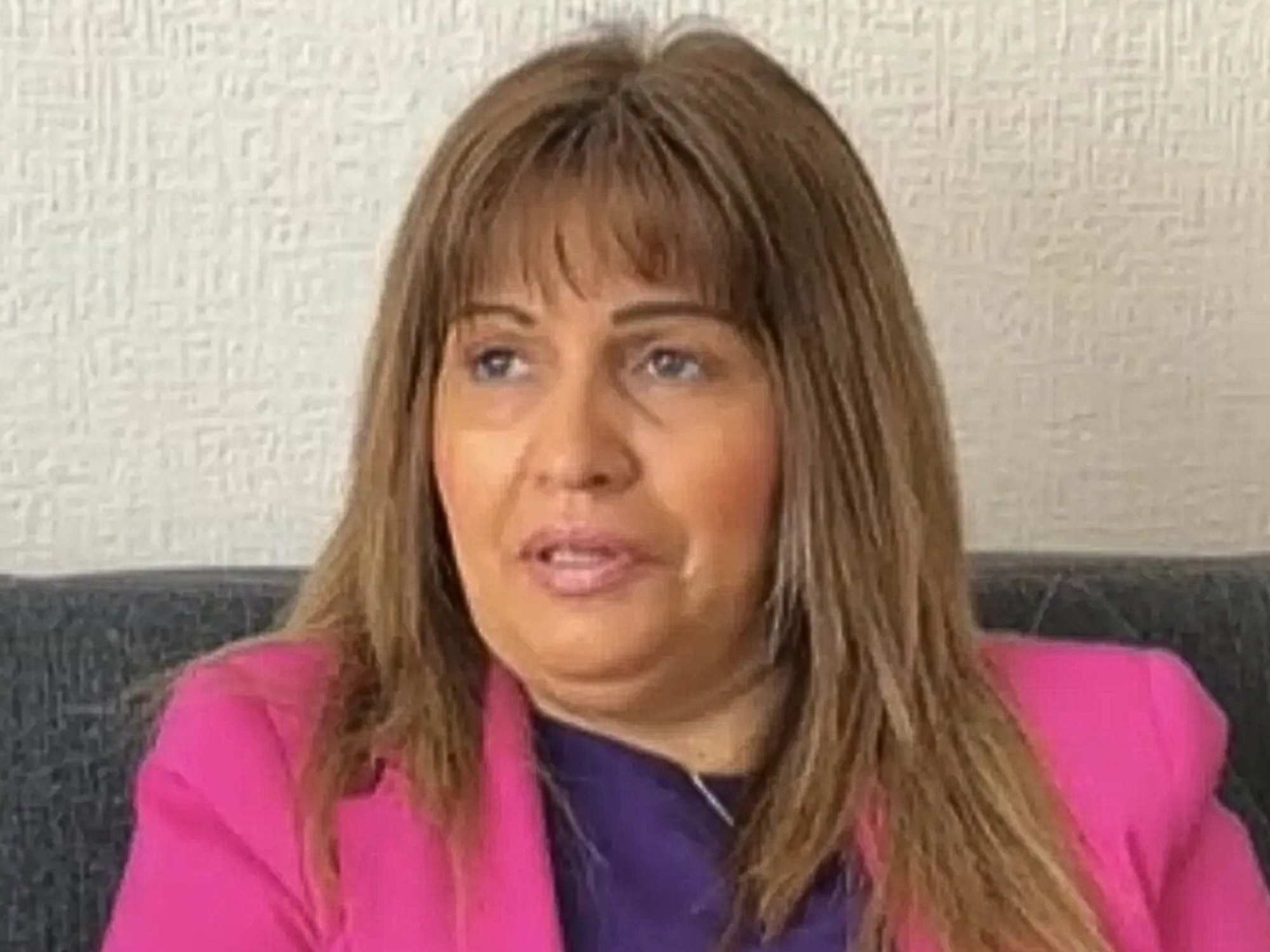Britons demand Labour raise the age limit for driving licences as road fatalities prompt action

Drivers have shown support for increasing the minimum driving age to as much as 25 years old
Don't Miss
Most Read
Latest
Three out of four drivers have shown support for increasing the minimum driving age from 17 to as high as 25 in a bid to make roads safer for young motorists.
It follows a recent report which found that 75 per cent of participants believe the legal driving age should be raised beyond its current threshold.
The survey comes amid mounting concerns about road safety, particularly regarding young motorists, with Government data showing that male drivers aged 17 to 24 face four times the risk of death or serious injury compared to those over 25.
The research has now highlighted growing public sentiment for stricter regulations and stronger licencing requirements for new and younger drivers.
Do you have a story you'd like to share? Get in touch by emailing motoring@gbnews.uk

Three in four drivers have demanded that Labour increase the driving age to help reduce road fatalities
| GETTY/PAThe poll revealed that 34 per cent of respondents want the minimum age for driving increased to 18, while 35 per cent prefer raising it to 21. A smaller group, representing seven per cent, advocated for an increase to 25 years old.
The most frequent contributing factor in road fatalities across all age groups was identified as "failure to look properly".
However, younger motorists showed greater susceptibility to incidents involving careless or reckless driving, loss of vehicle control, and speed limit violations.
The research uncovered that almost 40 per cent of participants reported having their first accident within 12 months of obtaining their licence.

Drivers have called for the minimum driving age to increase from 17 to as high as 25
|GETTY
DVSA figures showed that 17-year-olds represent approximately one third of all driving tests taken annually in the UK, achieving a 54 per cent success rate.
Test participation drops steadily with age, falling to 19 per cent for 18-year-olds and 15 per cent for those between 22 and 29.
This concentration of teenage test-takers suggests many first-year accidents involve recently qualified 17-year-olds. The poll also examined broader attitudes towards driving competency, with 51 per cent of participants supporting mandatory retesting for all licence holders every decade, irrespective of their age.
An additional third of respondents endorsed the concept of periodic assessments but suggested these should only apply to motorists above a specific age threshold. The findings reflect widespread public backing for regular evaluations to ensure continued road safety standards.
The research was conducted against a backdrop of ongoing debates about driving regulations, including recent cases of people over 70 facing driving bans due to failing to meet driving standards.
There has also been growing support behind Graduated Driving Licences, which would see newly qualified drivers face restrictions within the first six months of being on the road. But despite receiving backing, the UK Government has rejected this proposal.
These results suggest British motorists favour comprehensive reforms extending beyond age-specific measures to encompass all road users.
Regtransfers CEO Mark Trimbee commented on the findings: "These findings show just how strongly the public feels about road safety, with support for measures that go further than the current rules we have in place."
 Young drivers are more likely to be involved in a road fatality or collision | GETTY
Young drivers are more likely to be involved in a road fatality or collision | GETTYHe acknowledged that implementing regular assessments and higher age limits would involve significant costs but noted: "I imagine some - certainly a number of our study participants - might say there's no price too great for the reassurance that every road user - whether 17 or 70 - has the necessary skills to drive safely."
Mr Trimbee explained that "it's interesting to see that many drivers admit to having an accident in their very first year behind the wheel".
"That should give policymakers pause for thought, because it reinforces official data indicating that younger and less experienced motorists are significantly more vulnerable," he stated.
He detailed how people want stronger safeguards in place, and motorists themselves "are calling for bold thinking to reduce risks and make our roads safer for everyone.











